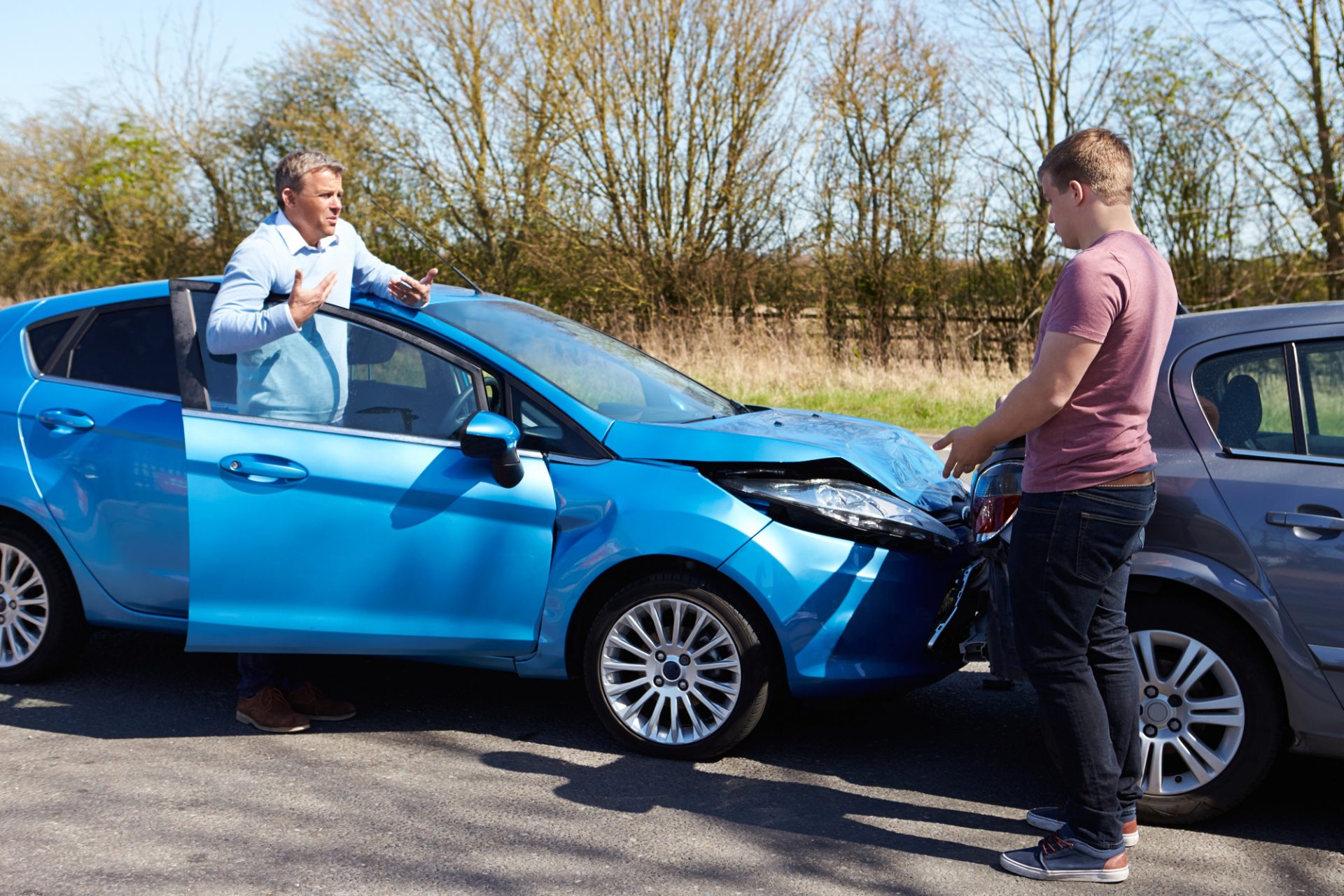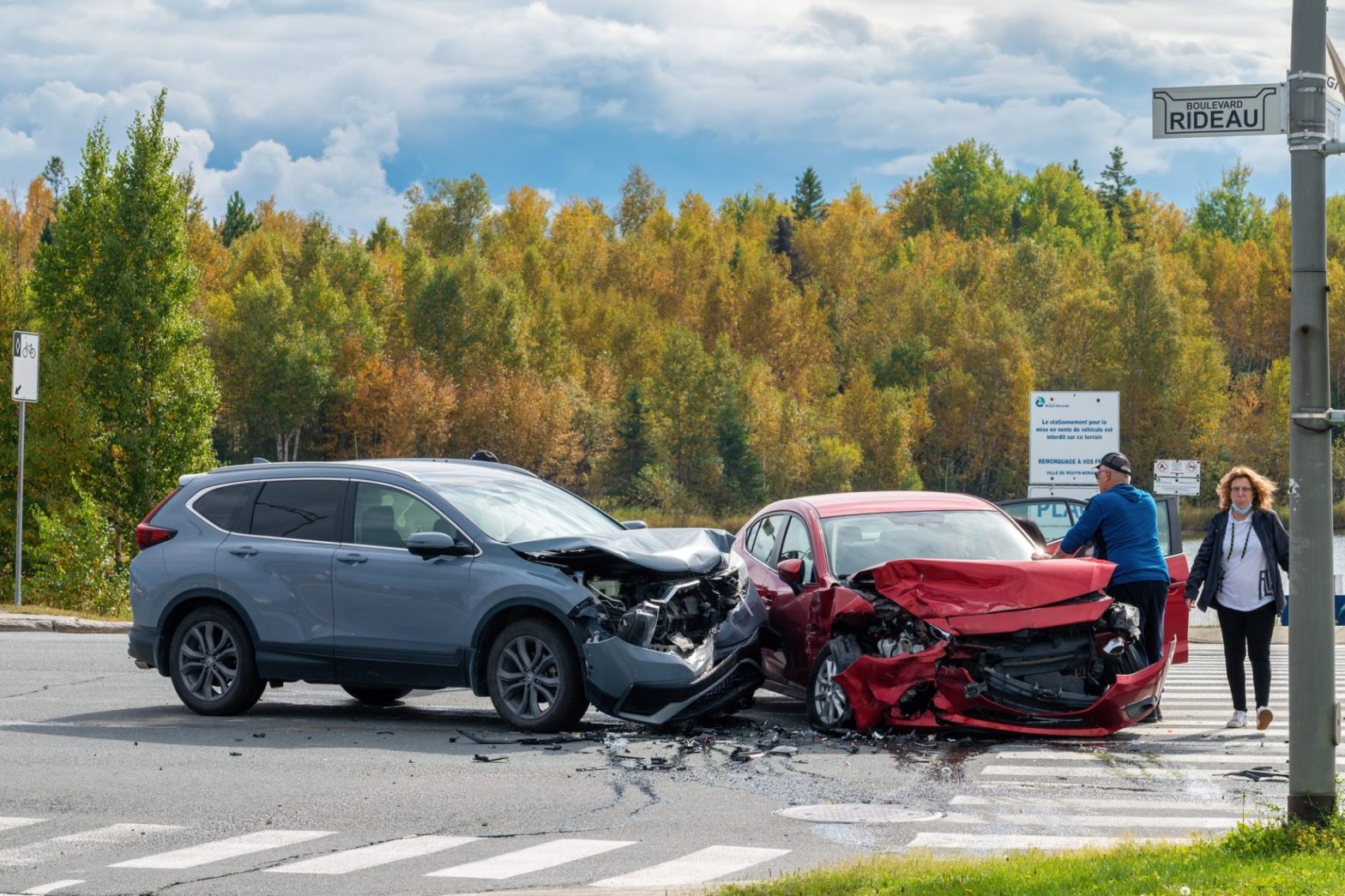Getting involved in a car accident can be daunting, especially if it’s your fault. However, being at fault does not necessarily reflect your inability to drive because some accidents are unavoidable. For example, a car driver who swerves to avoid an animal on the road might cause an accident. The reason notwithstanding, it helps to know what happens if you are at fault in a car accident.
If you feel you’re at fault, know that the opposing party’s insurance provider and lawyers will, in all likelihood, do their best to pin the entire blame on you. However, there’s a possibility your case falls under New York’s comparative negligence rule that can restrict how much an injured plaintiff might recover from you. Given the complexities the process involves, the answer to, “Should I get a lawyer for a car accident that was my fault?” is yes.
What to Do Soon After an At-Fault Car Accident
When it comes to what to do after a car accident that is your fault, the steps you need to follow are largely the same as what to do if you’re not at fault.
- Stay at the scene, failing which you might have to deal with a hit-and-run case and a penalty that includes time in prison.
- Call the police.
- Check for injuries and call an ambulance if you’re unsure of the severity.
- Get information like the name, phone number, address, license plate number, and auto insurance policy details of the other driver.
- Find witnesses and collect their contact information.
- Take photos and videos to document the scene of the accident, capturing as many details as possible.
- Determine if there are CCTVs in the vicinity, and request their owners to retain the required footage.
- Report the accident to your car insurance company and provide just the facts, not your perspective.
- Contact a personal injury lawyer who specializes in this realm.
It also helps to know what not to do after a car accident that is your fault.
- Don’t admit fault to the other driver, police, or anyone else because the other driver might be partially at fault.
- Don’t discuss details of the accident with anyone other than your lawyer/attorney.
- Don’t promise to pay or negotiate until you seek legal advice.
- Wait for the other driver and police to leave the scene before you do, unless the police ask you to.
Dealing With Law Enforcement
There are instances when the law in New York requires you to call the police to the scene of a car accident. These include:
- Accidents that result in injuries or fatalities.
- Accidents that involved damage to parked vehicles or other property, whose owner you cannot locate.
- Accidents that result in a domestic animal’s injury or death.
Even if you’re involved in a minor accident and the law does not require you to file a police report, it’s typically in your best interest to call the police to the scene of the accident. This is because you can then get a copy of the police report and submit it to your insurance provider, which is often a requirement. It might also come in handy if your case goes to court.
When the police ask you questions about the accident, provide honest replies. However, don’t admit to being at fault. If you feel uncomfortable or unsure about answering any question, you may choose not to reply. Don’t hesitate to give them information like your name, contact details, license and registration details, and proof of insurance. Make sure all the information you provide is accurate and not false.
If the police don’t arrive at the scene, visit the nearest police precinct or file an online accident report. Alternatively, seek advice from a lawyer or attorney who specializes in automobile/car accidents.

Financial and Legal Consequences
What happens if you are at fault in a car accident is that you might need to face financial and legal consequences. For example, while no-fault insurance covers you to some extent, if the other party’s no-fault coverage limitations come into play, you might be liable to pay for the damages that exceed the limitations. This is also the case when paying for noneconomic damages like pain, suffering, and emotional distress.
Getting involved in a car accident that is your fault can also result in legal proceedings, a dent in your driving record, steep fines, and higher insurance premiums.
New York’s No-Fault Insurance Law
If you’re wondering what happens after a car accident that is your fault, know that you might be financially and legally liable for the damages that arise because of the accident. This typically includes the other party’s medical expenses, vehicle repair costs, and other associated costs.
Given New York’s no-fault insurance law, the other party might file a claim with their own insurance provider. However, they can step out of the no-fault system and come after you in case of serious injuries or extensive damage.
Can you get compensation if the accident was your fault? Yes. Since New York follows the no-fault insurance rule, your auto insurance policy will also cover your medical expenses, lost wages, and other related costs, but only up to a predetermined limit. Keep in mind that you have to file your claim within 30 days of the accident.
New York’s Comparative Fault Law
New York’s comparative fault law governs the recovery of damages in cases where one can establish contributory negligence or assumption of risk. What this means is that if you are partially at fault and it’s possible to establish negligence on the part of the other driver too, then the pure comparative fault rule comes into effect.
The comparative fault law can have an effect on the damages you wish to recover. For instance, if your damages stand at $50,000 and you’re 20% at fault, you can get $40,000 after a 20% reduction. If your fault increases to 80%, you can still receive $10,000.
Conclusion
Now that you know what to do after a car accident that is your fault and what might happen if you don’t follow the right approach, make sure you tread on the side of caution. At the accident scene, try to remain calm, seek medical assistance if required, gather as much information as you can, and provide just the required details. In addition, get in touch with an automobile accident attorney at the earliest.

